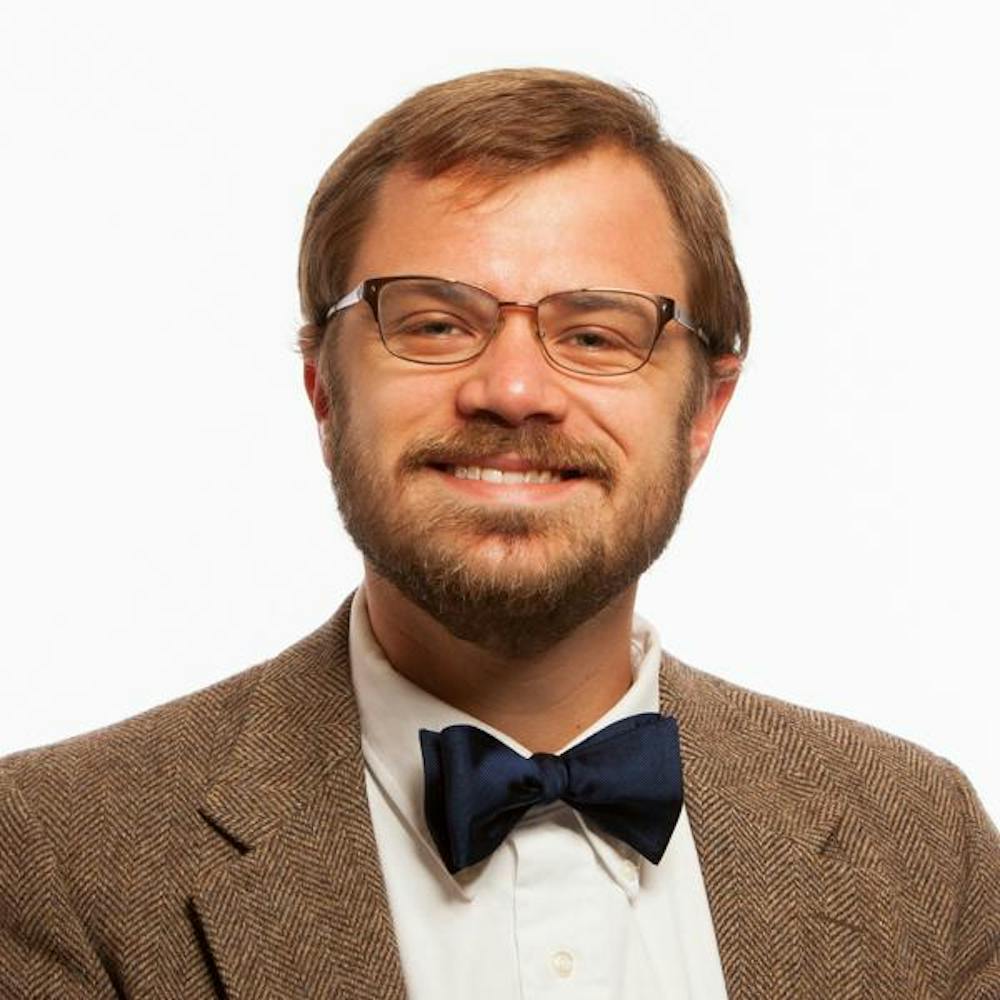When Frenchman Alexis de Tocqueville visited the United States, he was blown away by how active American citizens were in their community.
What might surprise us today, however, is what he thought made a good citizen. Instead of focusing on voting turnout rates, he marveled at Americans’ “associations to give entertainments,” “to diffuse books,” “to send missionaries” and to “found hospitals and schools.”
In other words, if you’ve volunteered in your town parade, helped set up a Little Free Library or worked at a church bake sale or school fundraiser, you’ve been part of what so flabbergasted Tocqueville — not grand acts of statesmanship or speeches or influencing elections, but humble community service.
In his book “Bowling Alone,” social scientist Robert Putnam talks of the importance of social capital, or the network of relationships that allows society to function. In other words, when you join your town’s volunteer trail maintenance group, you aren’t just helping people who use the trail. You’re keeping that group alive and strengthening your entire political community from the bottom up.
To quote Tocqueville, “Town meetings are to liberty what primary schools are to science; they bring it within the people’s reach, they teach men how to use and how to enjoy it.”
But, we have a problem. Americans are participating in their local communities less than ever before. Putnam documented the massive decline over time in Americans joining volunteer and charity groups like the Lions Club, JC’s, League of Women Voters or even small local groups like town cleanup groups or food banks.
In his groundbreaking book “Who Really Cares,” Arthur Brooks found the problem to be particularly pronounced among America’s young population: young adults were significantly less likely to spend time with their fellow citizens or give money or blood or any form of charitable help to their community.
Before you rightfully point out that young people have less free time and money and community connections, know that this carries over to charitable attitudes as well: More young people than old said they would prefer to have someone else suffer instead of doing so themselves. Let someone else pick up litter, plan the parade or go to the town meeting.
When I talk in senior seminar, I challenge students to get involved in politics by stating that a Christian who tries to retreat from and ignore politics is choosing to lead a mutilated life.
Most commonly, I hear that national American politics is so divisive, hateful and un-Christian that there is no good, uplifting way for them to join in. If that sounds like you, then join your local community.
Join a Lions Club, work at a foodbank, go to your town meeting, find the group who maintains that little park you love and lend them a hand. Strengthen that thinning social fabric that so worried Putnam and amazed Tocqueville. And support liberty and your community from the bottom up.




